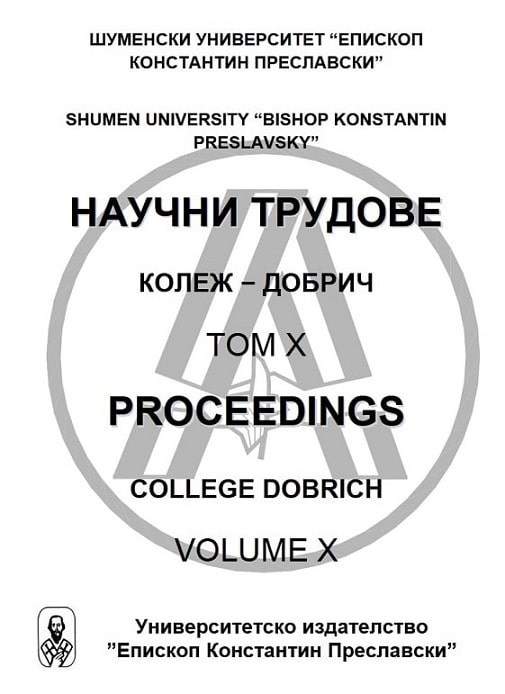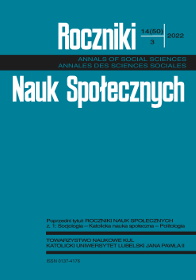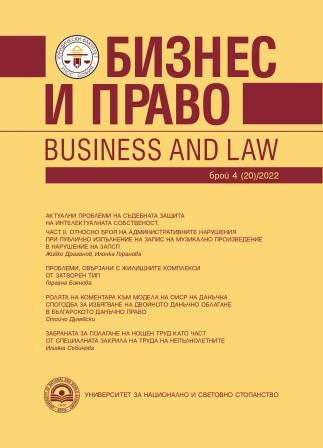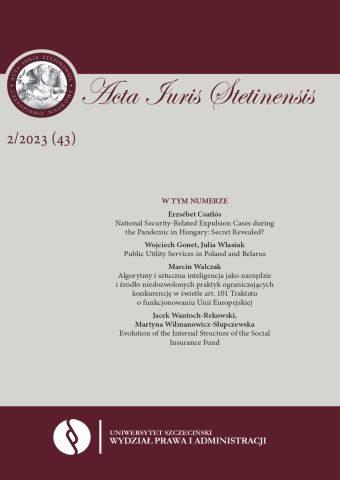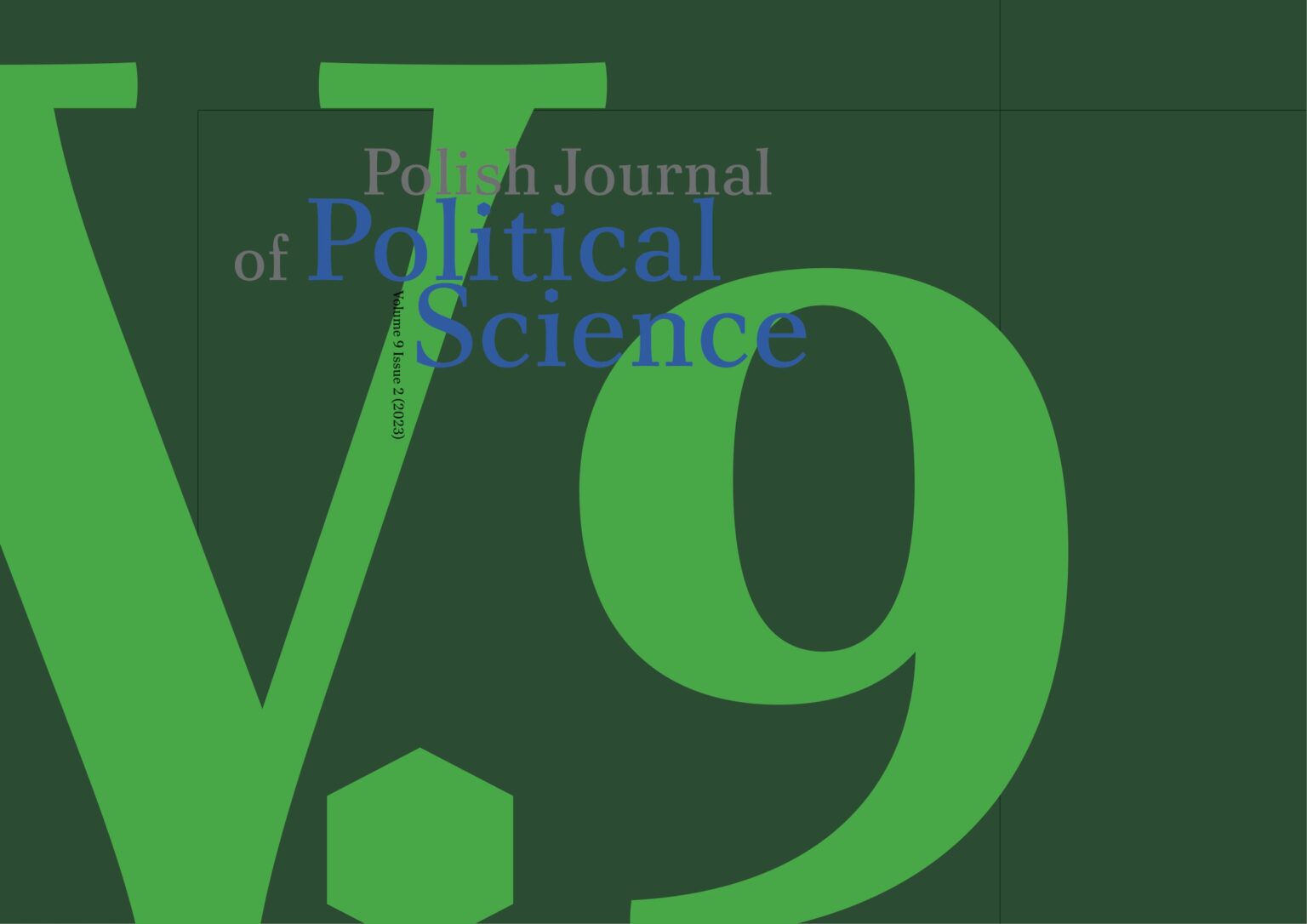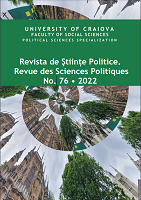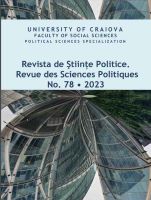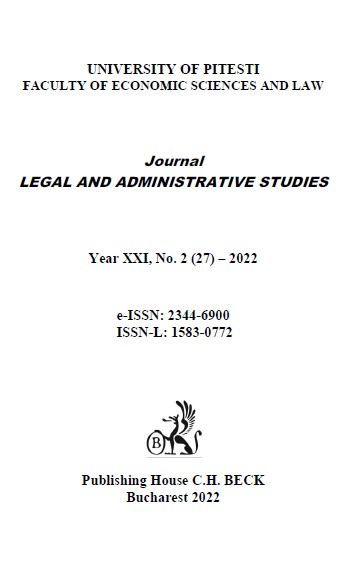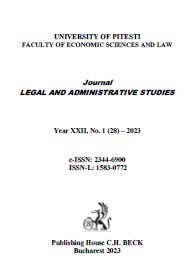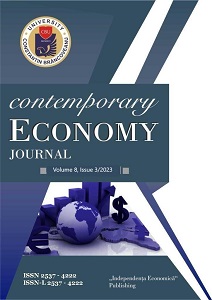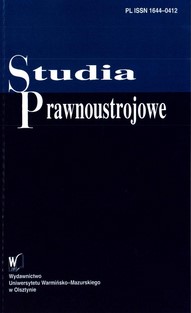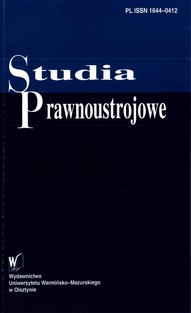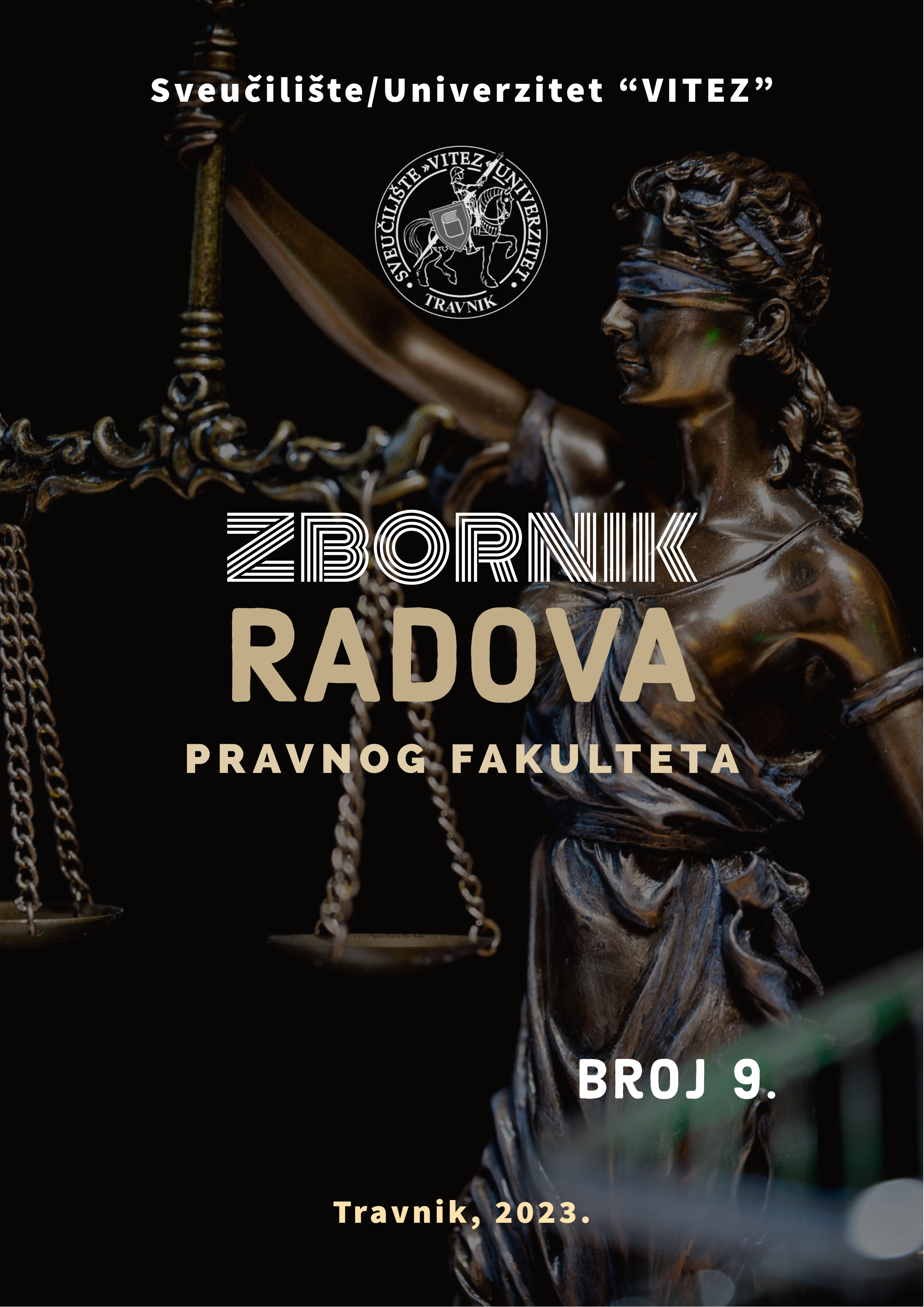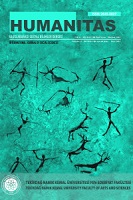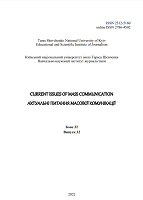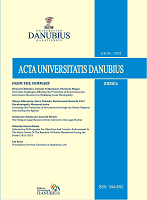
The New Dawn Birthed by Amendments to Section 187(1)(C) of the Labour Relations Act 66 of 1995: A Reflection on National Union of Metalworkers of South Africa and Others v Aveng Trident Steel
This article assesses the challenges precipitated by the amendments to the South African Labour Relations Act concerning dismissals for operational requirements. The contribution analyses a seminal judgment by the Constitutional Court, which marked the first case to have been heard regarding the amended section 187(1)(c) of the Labour Relations Act. The methodology employed is that of a qualitative case study which is the most suitable approach as we discuss a Constitutional Court judgment. The research notes that section 187(1)(c) of the LRA created and will continue to create contention between employers and employees where employers view dismissal for operational requirements as a legitimate reason for dismissal, and employees see it as a guise to dismiss them unfairly. The article also finds that while the Constitutional Court made a definitive pronouncement on the legitimacy of the section as a reason for dismissal, it, however, created a vacuum in terms of the test to be used in determining whether section 187(1)(c) is the true reason for dismissal in a particular case. It concludes by emphasising the importance of certainty in the law and offers suggestions on which test should be applied moving forward. This contribution will be of critical importance to legal practitioners regarding future litigation on section 187(1)(c) and academics as it opens the potential for further research and legislative development.
More...
